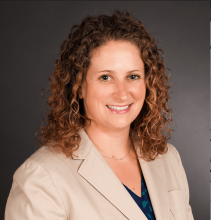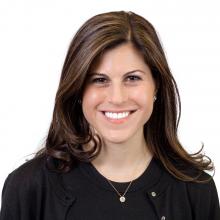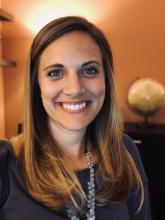
Member Prices
Non-Member Prices
This webinar focuses on how to develop a cover letter that helps you market your skills for the next steps of your professional career.
This is the final part of the webinar series Preparing Yourself to be a Competitive Applicant: The Ins and Outs of Curriculum Vitae, Personal Statements and Cover Letters presented by the Early Career Professionals and Students Special Interest Group (SIG).
The transition from a graduate student to establishing oneself as an early career professional (ECP) is an exciting time. ECPs in the field of mental health are the diverse in regard to demographics, as well as skill sets. ECPs are graduating from increasing integrated training programs, and developing a wide-range of skills and engaging in activities spanning clinical work, research, statistical analysis, teaching, and supervision. However, knowing how to market these skills and experiences for the next stages of one’s career can be a difficult task. Each career path within the mental health field places varying degrees of emphasis on an individual’s graduate school experiences, making it difficult to determine which aspects of your application material to highlight.
The Early Career SIG has developed a webinar series to provide guidance to help prepare ECPs to be competitive applicants for the job force whether that be a position as a clinician, researcher, academic, or some combination of each. We will be hosting three separate webinars related to developing a professional curriculum vitae, personal statement, and cover letters to reflect ECPs current skills sets and current stage of development as emerging clinicians, scientists, and mentors. Each webinar will consist of multiple panelists, comprising individuals with research, clinical, and teaching backgrounds, who will share their knowledge and expertise on developing and marketing your application materials as an ECP with the goal of helping ECPs become competitive applicants for the next stage of their career.
Learning Objectives
- Participants will be able to describe important aspects of a curriculum vitae for various career trajectories as ECPs including clinical work, research, and academia.
- Develop a curriculum vitae/biosketch that reflects their individual strengths and experiences as emerging ECPs.
- Develop the ability to maximize their CV and biosketch based on individual needs and circumstances.














